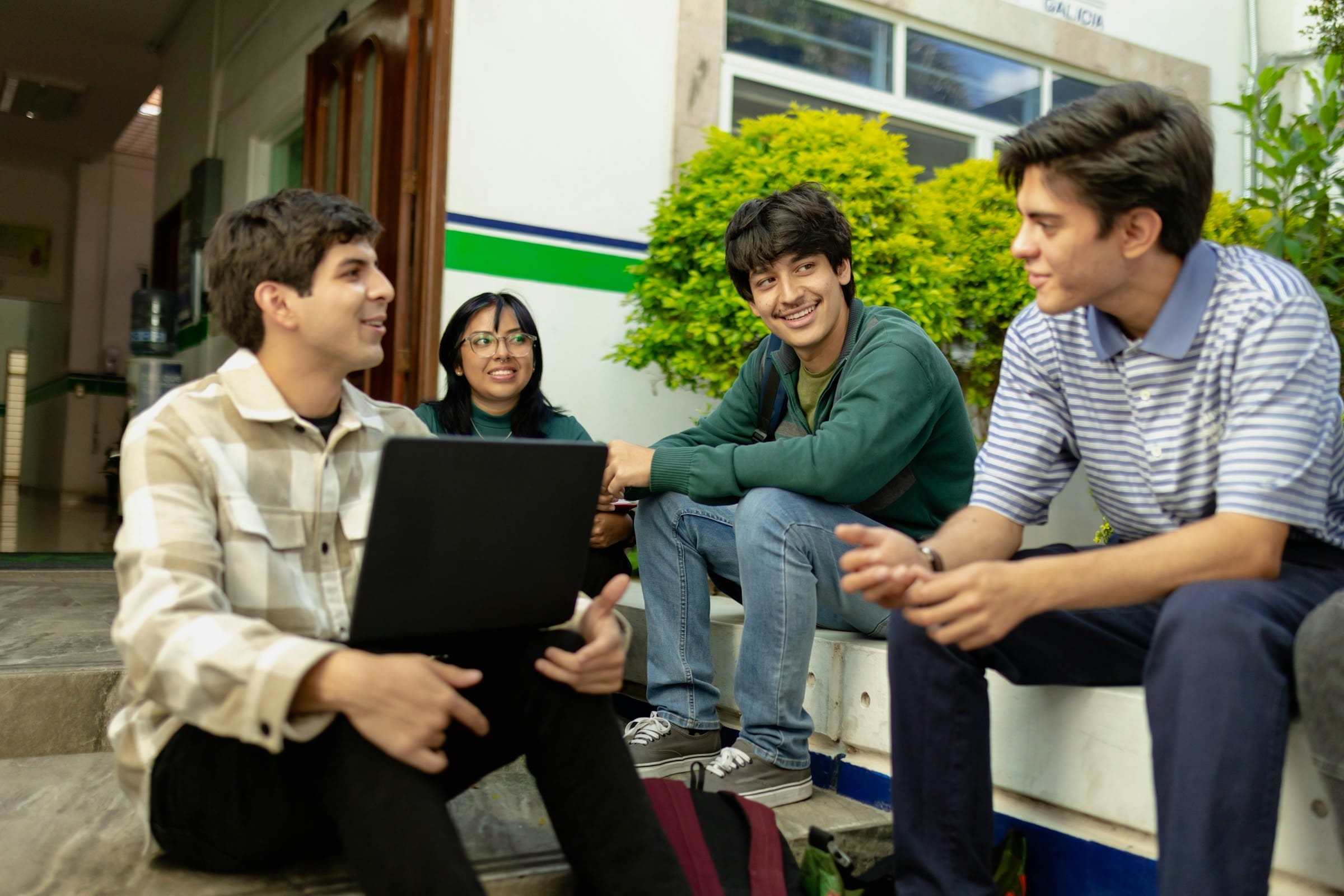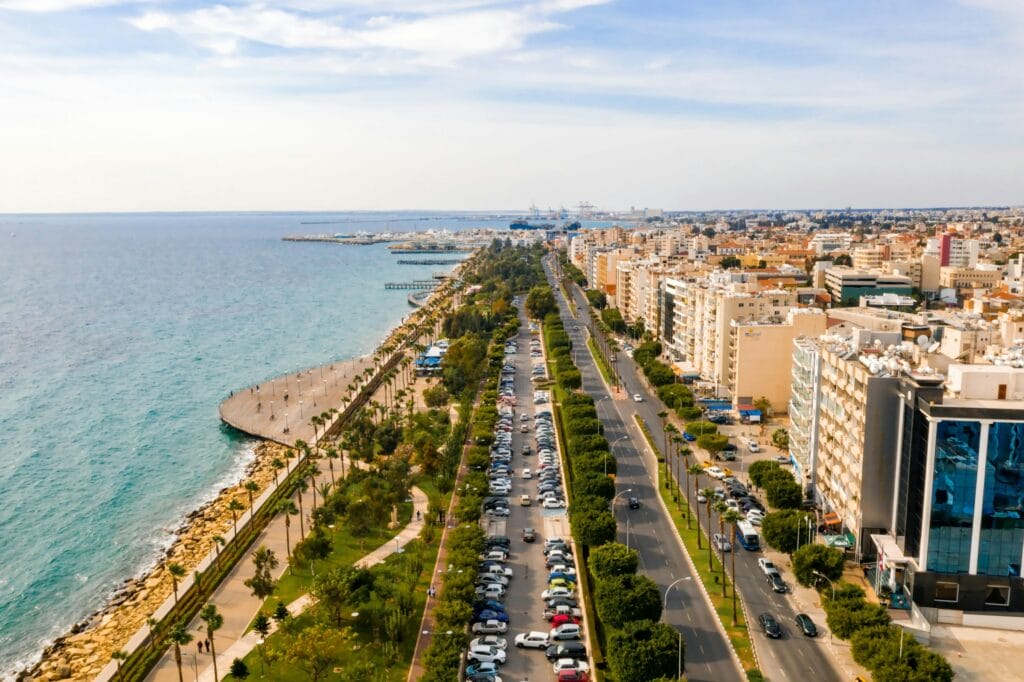Comparing Education Options for Expats in Limassol

Limassol is a modern coastal city in Cyprus. It attracts expats from around the world with its high standard of living, sunny climate, and vibrant multicultural atmosphere. If you’re wondering about education in Cyprus, there are several options here, each designed to meet different needs and budgets.
Below is a helpful guide to exploring local schools and finding the right fit for your family.
Table of Contents
Public State Schools

Language and Curriculum
Public schools in Cyprus use the national curriculum, mainly taught in Greek. Although English is usually introduced early, lessons and exams are conducted in Greek. This setup can help younger kids pick up the language quickly, but older students might need extra support if they’re new to Greek.
Structure and Schedule
- Ages Covered: Primary school starts at around age 5¾, lasting for six years. Secondary school is split into two levels: gymnasio (lower secondary) for three years, then Lykeio or technical school (upper secondary) for another three years.
- Hours: Most public schools run from about 7:45 am to 1:05 pm. Some schools have extended programs in the afternoon, which are helpful for children who need extra study time or for parents who work longer hours.
Advantages
- No Tuition: Public schools are free, aside from small administrative or uniform costs.
- Cultural Immersion: Day-to-day life in Greek language allows children to blend into local society and traditions, which can be a wonderful way to settle into Cypriot culture.
Considerations
- Children with limited Greek may require additional tutoring to keep up.
- If you plan on moving again soon, investing in private language lessons might help your child stay on track for future relocations.
Private Schools
Cyprus also has a generous selection of private schools, often founded by locals and expats. These schools offer hybrid learning environments and diverse teaching methods.
Curricula and Language Options
Many private schools in Limassol teach the British National Curriculum or other global programs like IGCSEs, A-Levels, or the International Baccalaureate (IB). English is often the main language, while Greek or other foreign languages are taught as extra subjects. This bilingual or trilingual approach is ideal for families who want their children to become fluent in English while still learning other languages.
Mid-Range to Premium Fees
Tuition differs among institutions. Some offer discounts for siblings, and others have scholarships or flexible payment plans. Although fees can be high, parents often appreciate smaller class sizes, up-to-date facilities, and a wide range of extracurriculars.
Enrichment and Extracurriculars
Private schools usually offer after-school activities in sports, music, arts, and languages. These programs can be especially handy for working parents, since they often extend into the afternoon.
Key Resource
A top choice for many expat families is private schools in Limassol. These schools cater to diverse communities and follow a British-based curriculum. They’re a great option for parents who want their children to continue studying in English or who plan for their kids to attend universities in the UK, the US, or other international destinations.
International and Specialty Schools
Beyond the common British-style private schools, Limassol also hosts institutions that align with other national systems, like the American or French curricula. There are also specialty schools focusing on arts or vocational programs. If your child has a keen interest in a specific area, these niche schools might be the right fit.
Key Considerations for Expats
Note: “Expats” is short for “expatriates.” These are people who live outside their own country, often for work, study, retirement, or personal reasons. They might stay abroad temporarily or settle down for the long term, forming communities of people from many different places.
Here are key considerations:
- Language Skills: Younger kids often pick up new languages quickly, but older students might need extra tutoring if they struggle with the school’s main language.
- Long-Term Plans: Families uncertain about staying in Cyprus might prefer international or British-based curriculums for easier school transfers in the future.
- After-School Care: If both parents work, schools with extended programs or clubs can be a lifesaver. Public and private schools alike may offer sports, music, or homework clubs.
- Transportation: Public transport is limited in Limassol. Some private schools provide bus services, but you may need to handle school runs yourself if that isn’t an option.
Conclusion
Limassol’s education system is varied and welcoming. You can choose a free public education that immerses your child in Greek culture or opt for private and international schools offering globally respected programs. The right path depends on factors like budget, language skills, and your future plans. By weighing each option’s pros and cons — from academic standards to cultural integration — you can make a solid choice for your child’s education in this thriving coastal city.
Disclaimer: My content is reader-supported, meaning that if you click on some of the links in my posts and make a purchase, I may earn a small commission at no extra cost to you. These affiliate links help me keep the content on gauravtiwari.org free and full of valuable insights. I only recommend products and services that I trust and believe will genuinely benefit you. Your support through these links is greatly appreciated—it helps me continue to create helpful content and resources for you. Thank you! ~ Gaurav Tiwari